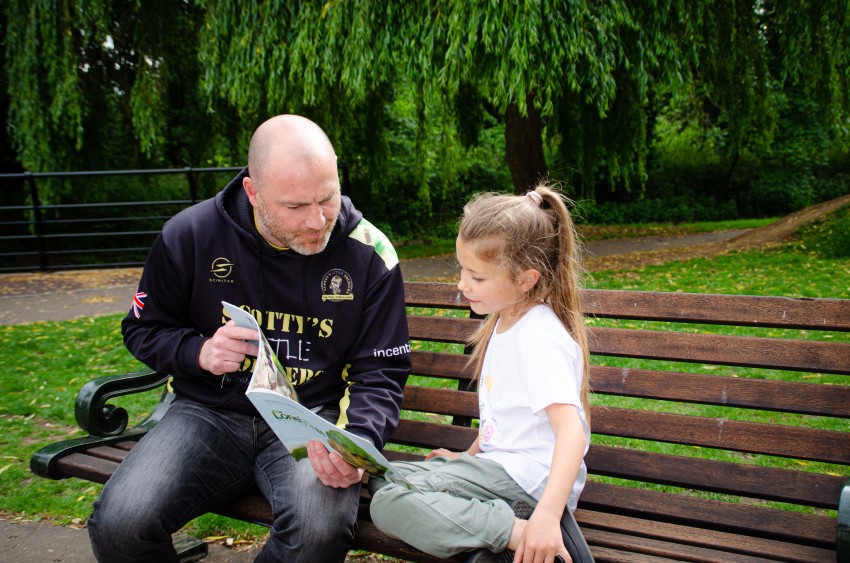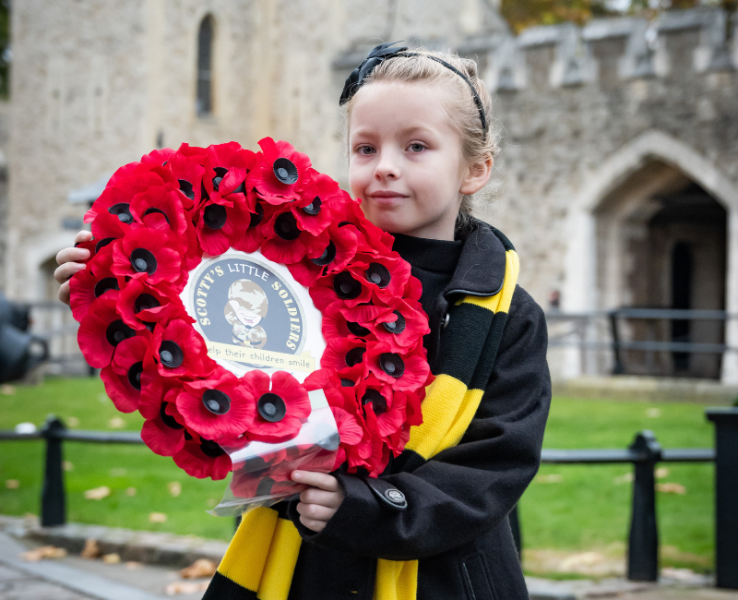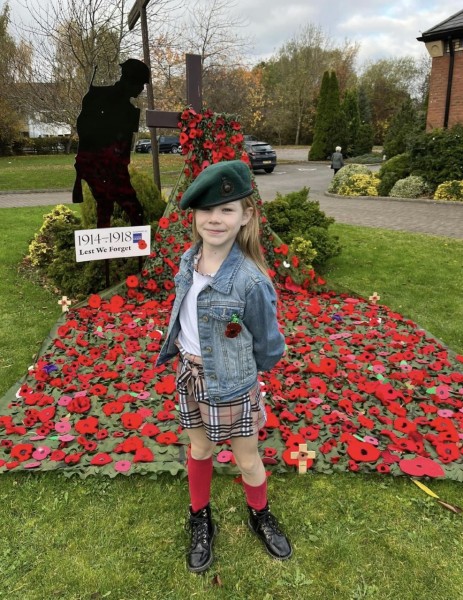How to Tackle Bullying: Tips for Military Families
Do you need help supporting a military child who is being bullied? Scotty’s Little Soldiers, the charity for bereaved military children and young people, have created this guide for military families to tackle bullying together. It features tips and advice from the experts on how a military parent or carer can prepare a child for school life, help them to identify bullying and to give them the confidence to take practical steps to help them to cope with the situation.
Scotty’s Little Soldiers hold a series of workshops throughout the year tailored to the needs of our bereaved military families. We hosted a workshop on bullying and cyberbullying with award-winning bullying prevention charity, Kidscape, who provided advice and tips for any British Forces family to help them support a military child who is being bullied.
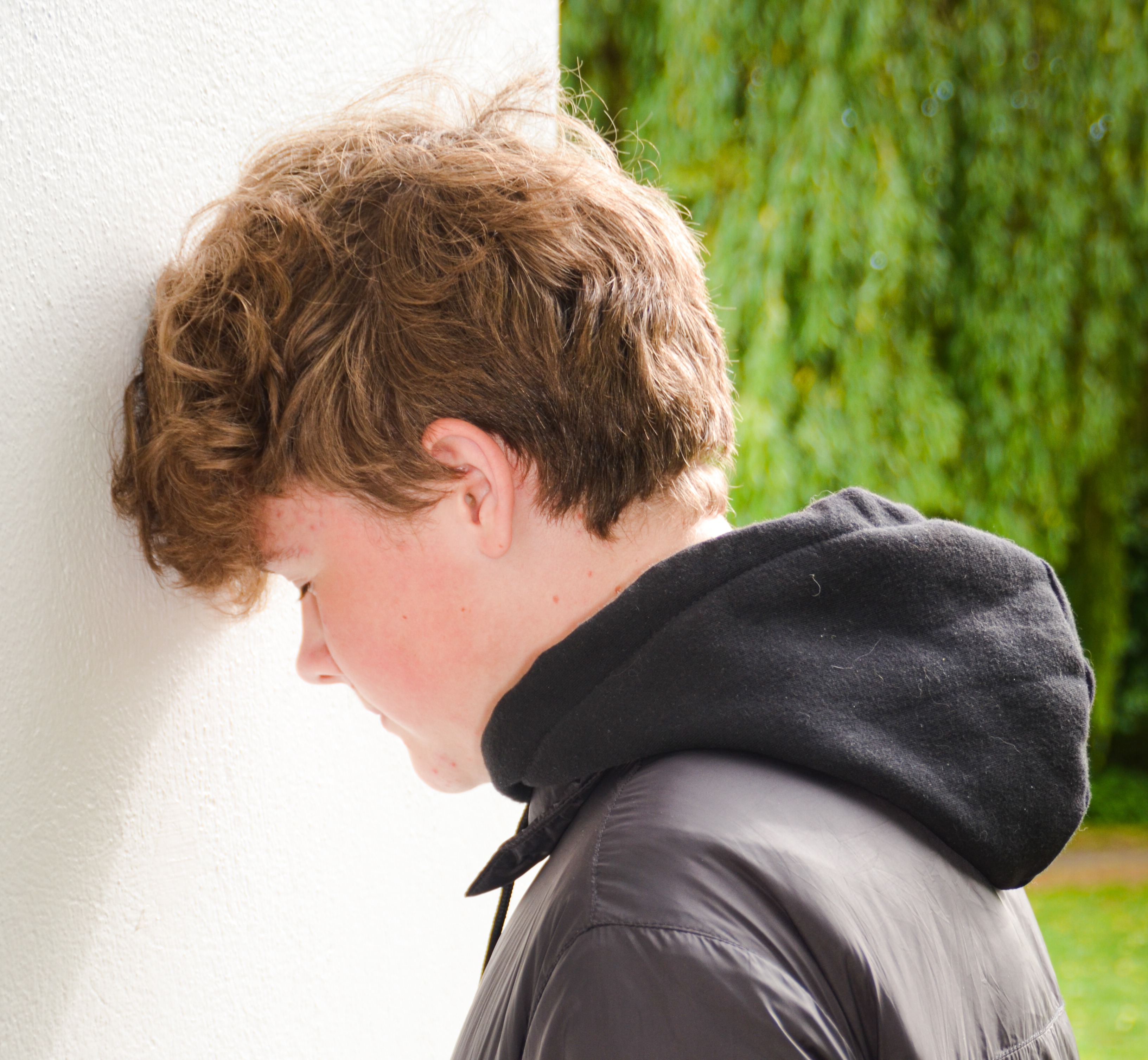
What is bullying?
Bullying can take many forms, but it is any behaviour that repeatedly and intentionally hurts a person, removing their power and often the opportunity to defend themselves. Mostly, children will be bullied by other children, however they can also be bullied by adults. Often children say it takes the form of name-calling, but bullying can also be physical or emotional. Bullying can target children who have experienced military life, or who have experienced bereavement. It can also take place in-person or online – as cyberbullying.
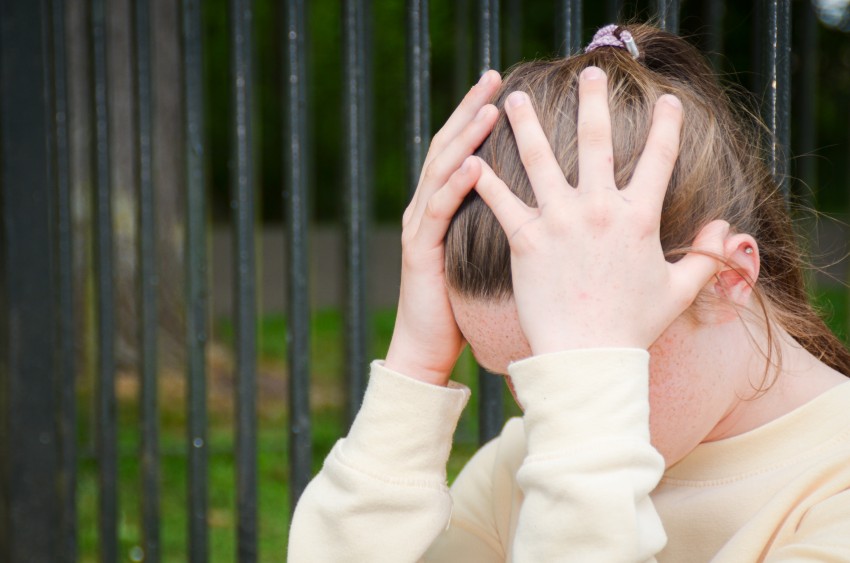
Signs your military child may be being bullied
It can be upsetting to think your child, or young person, is being bullied, but the important thing is to know they can get through this with the right support. Remember to stay calm, listen and create space to talk. These can all be signs that your child may be being bullied:
- A change in your child’s behaviour – they may become louder or quieter
- Your child is suddenly scared to go to school
- Unexplained illnesses such as tummy bugs and headaches
- Experiencing disturbed sleep or bed wetting
- Unexplained injuries or stolen belongings
If your child is showing some of the signs listed above, try creating opportunities for them to talk and really listen. Watch your child’s body language and if they are not ready to open up, just keep creating opportunities for them to do so until they are ready. It can be helpful to speak with the child’s teacher or the friends of your child to see if they have noticed any changes in your child, however this must be managed carefully to ensure the privacy and safety of your child.
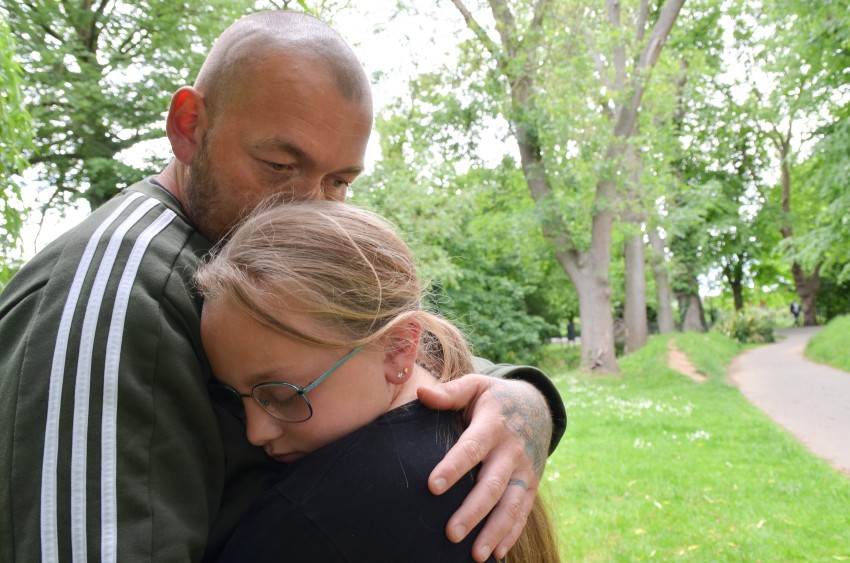
My military child is being bullied – What do I do?
If you discover that your British Forces child or young person is being bullied, it is important that you don’t panic and instead take action to ensure your young person feels safe. Every child and their situation are unique, some may respond to direct questions about the bullying, while others may prefer to go for a walk or a drive and to be gently asked how they are feeling about school.
- Reassure your child that it is not their fault they are being bullied, and that you will solve the problem together.
- Keep a diary of everything that has happened, who was involved and how long it has been going on for.
- Support your child to feel in control of the situation by asking them how it makes them feel and what they need right now. Communication is key and you can work out how to tackle the bullying together.
- Speak to the school – this one could be scary for your child but keep the focus on ensuring the bullying stops and agree who is the best person to speak with together.
- Prioritise the safety of your child. If there is any risk of harm, or if they have already been harmed, do not send them into a situation where they are not safe. Their school has a legal duty to keep them safe, so work with them to ensure your child is being protected. If they have been assaulted or threatened, you can contact the local children’s services team, and/or the police.
- Seek support in all areas of your child’s life, who else is in school and can help them? Encourage your child to spend time with other children and teachers that they trust, to join in activities that boost their confidence and to have friendships outside of school.
- Visit your GP if the bullying has impacted your military child’s physical or mental health.
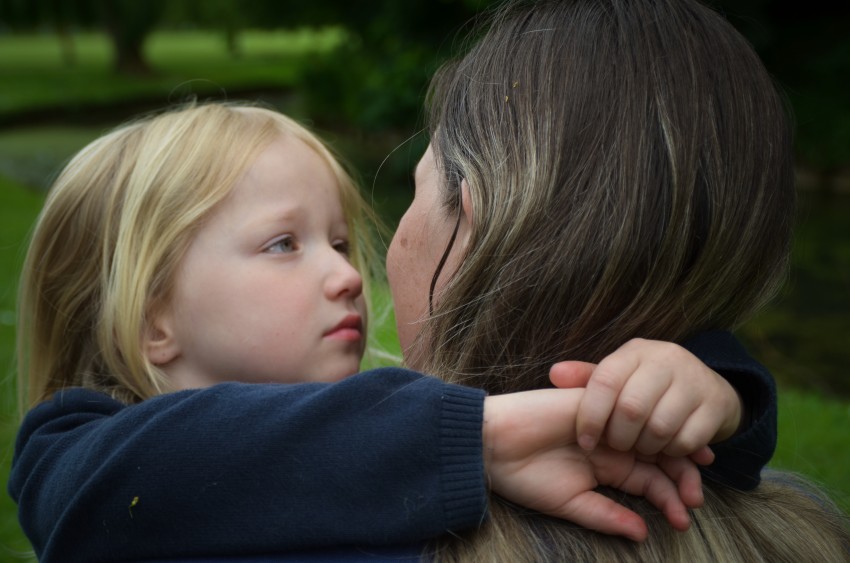
What if the school don’t take action to stop bullying?
If you find that your child’s school does not take action to stop the bullying, try not to get angry and instead be clear that you need to work together until the bullying stops. If you feel you need to take this further, there are steps you can take:
- Follow the school’s complaints process and contact the local child services team at the council. The school and the council have a legal duty to keep your child safe from harm.
- You can find information on how to escalate complaints depending on the type of school your child attends by visiting the Department for Education’s website, they also have documents on prevention and tackling bullying in schools and information about your child’s rights.
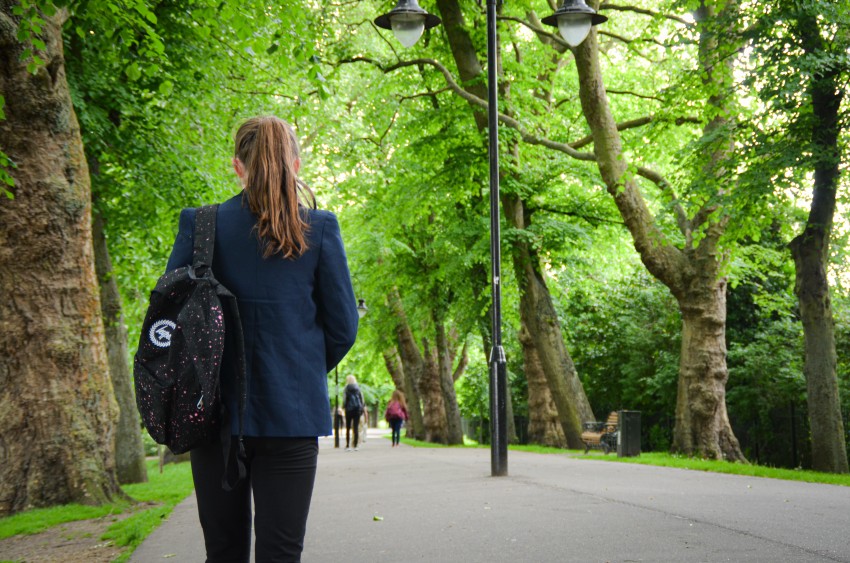
What if my child is bullying others?
Children bully for many reasons, so if you find out your child is bullying another child, don’t panic. We are all capable of bullying behaviour and we are all capable of stopping this behaviour. Your military child may be bullying because they are popular and well-liked and want to keep that position, others might feel insecure or hurt and take this feeling out on others. It could be that your child is being bullied and they are then bullying another child.
Communication is important for tackling this form of bullying, talk to your child and help them to understand they are hurting others and that it needs to stop. Help them to understand why they are behaving this way and to learn positive ways they can change their behaviour. Encourage them to become the person who sticks up for those who are feeling sad and lonely, and to find and keep friends without hurting others.
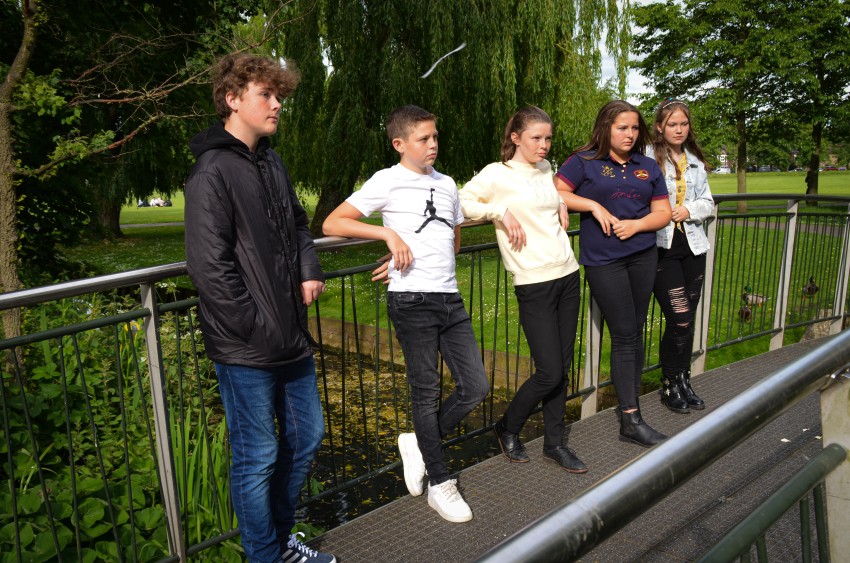
What do I do if my child is being bullied online?
As we spend more time online than ever before, cyberbullying has become more common. Online bullying can take place through social media, games or even websites and can feel more challenging to tackle or escape from. You may be less familiar with these websites, games or social media platforms and feel unsure of how best to deal with the situation.

Supporting Bereaved Military Families
Scotty’s Little Soldiers is a military charity dedicated to supporting bereaved military children and young people (0 to 25 years) who have experienced the death of a parent who served in the British Armed Forces.
Inspired by the experience of Army widow Nikki Scott, following the death of her husband Corporal Lee Scott in Afghanistan in 2009, the charity, which was set up in 2010, provides support and guidance to hundreds of bereaved military children and young people throughout their childhood.
Scotty’s currently supports over 650 members and services offered include access to child bereavement support, guidance to parents and carers, personal education and learning assistance (including grants), and fun activities such as holiday respite breaks and group events. These are all designed to remind the children and young people supported by Scotty’s that they are not alone.
If you know a child or young person who has experienced the death of a parent who served in the British Armed Forces, they could be eligible for specialist bereavement support from Scotty's Little Soldiers. Hundreds of bereaved military children aren’t getting the support they need but we are here to help. If you know a bereaved military child who could benefit from Scotty’s Little Soldiers support, click here to Get Support.
